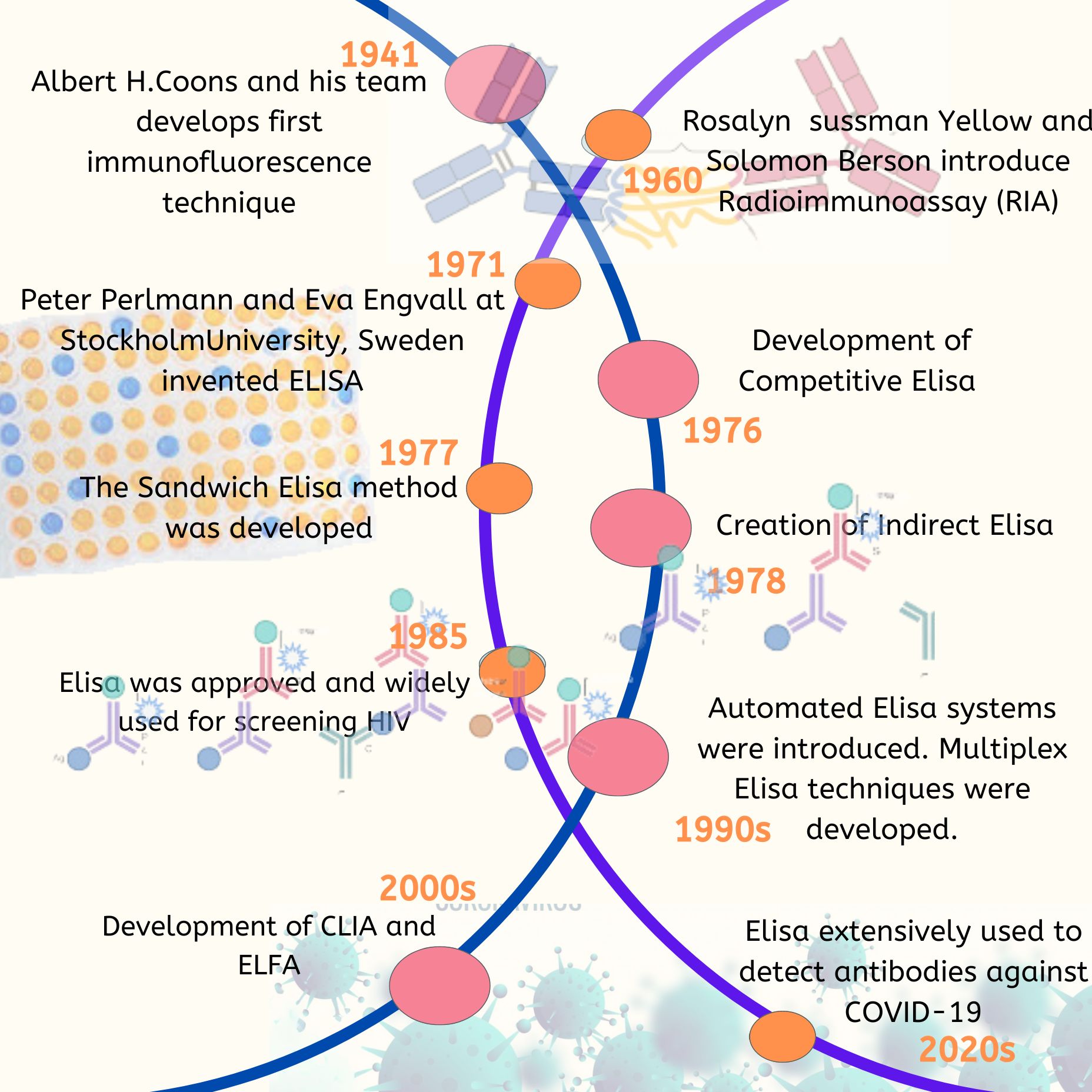Meniere disease is a condition affecting the inner ear causing severe dizziness, hearing loss, ringing sound (tinnitus) and congestion in the ear. The affected individuals experience dizziness that can occur suddenly or several attacks over a number of days. Some of the individuals can experience an episode called ‘drop attack’ when the dizziness is severe that they tend to lose balance and fall to the ground. Meniere’s disease usually develops in a single ear and can affect individuals of all ages.
Causes
Although the exact cause of meniere’s disease is not known, it is can develop from the excess fluid accumulation either resulting from the abnormal production or inadequate absorption in the inner ear. Some of the factors that can contribute to the development of this disease include migraines, allergies, abnormal immune response, genetic predisposition, head trauma and viral infection. Individuals with this condition have a ‘sick’ inner ear and appear to be more sensitive to factors such as stress which influences the frequency of episodes.
Symptoms
The symptoms of this condition vary with each affected cases. It can occur as sudden attacks that can last for a few hours or several attacks each week separated by months or years depending on the case. The main symptoms associated with meniere disease are vertigo, tinnitus, hearing loss and sense of pressure. The vertigo is the sensation of things around spinning that can last for a period of 20 minutes or several hours, tinnitus is the sound that the individual can hear from inside the body, the hearing loss can affect the deep or low sounds and the sensation of feeling fullness within the ear.
Diagnosis
The diagnosis is based on the symptoms evident, the duration, the severity of the condition and whether it is changing. The diagnostic tests include an audiometric examination that can determine the sensory hearing loss of the affected ear. The electronystagmogram can assess the individual’s balance function by involving the procedure of recording the eye movements of the individual in a dark room as warm and cool water or air are introduced into each ear canal. It is estimated that among 50% of the cases, the balance function of the affected ear is reduced. In addition, the rotational or balance platform test may also be required to determine the balance system. Other tests include electrocochleography to evaluate the increased inner ear fluid pressure, the auditory brain stem response, CT and MRI scans.
Treatment
There is no cure for meniere’s disease but the treatment can relieve with some of the symptoms. Medications are used to treat the meniere’s attack such as dizziness, cognitive therapy to help the individuals cope better with the anxiety of attacks, pressure pulse treatment which is a device that fits into the outer ear can prevent dizziness. Dietary changes include salt restrictions or taking diuretics to help reduce the quantity of fluid accumulation and to limit caffeine, alcohol and chocolate to help reduce the symptoms.
References
https://www.nidcd.nih.gov/health/menieres-disease
http://www.nhs.uk/Conditions/Menieres-disease/Pages/Symptoms.aspx
http://www.mayoclinic.org/diseases-conditions/menieres-disease/basics/tests-diagnosis/con-20028251



